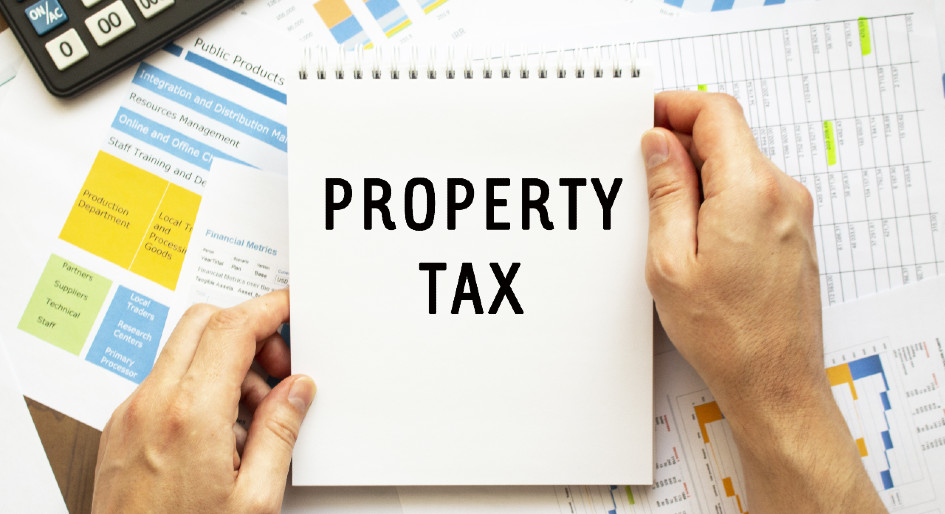Nearly 30 per cent of Toronto strip plazas are in line for a property tax break if City Council approves the proposed new measure in its upcoming 2024 budget deliberations. That will extend eligibility for the small business sub-class and a 15 per cent discount on the commercial property tax rate to approximately 235 neighbourhood/convenience retail centres with a maximum footprint of 25,000 square feet.
The small business property tax sub-class — which the Ontario government enabled and gave municipalities leeway to voluntarily adopt — first came into effect in Toronto in the 2022 tax year. Generally, eligibility is restricted to commercial properties with a current value assessment (CVA) no greater than $1 million. However, the original rules also include properties with CVAs of up to $7 million that are located in specified areas such as downtown, the waterfront, or a designated arterial “Avenue” or “commercial centre” in Toronto’s official plan and fall within maximum space thresholds of 7,500 square feet for standalones or 2,500 square feet within a commercial condominium. About 29,635 properties will qualify for the sub-class in 2024 under these existing parameters.
Under proposed conditions for strip plaza eligibility, properties must have a CVA no greater than $7 million, a single landlord entity and comprise at least two connected retail establishments that share a parking lot. Plazas could be located anywhere in the city, but neither the total site area nor gross floor area can exceed 25,000 square feet, and the Municipal Property Assessment Corporation (MPAC) land use classification must be: community or neighbourhood shopping centre, or neighbourhood shopping centre without an anchor.
CBRE Canada’s recently released retail rent survey for the second half of 2023 shows that strip/convenience plazas in Toronto command more modest rents than their equivalents in most other major Canadian markets. Average net asking rents in Toronto are pegged at $20 to $25 per square foot (psf) versus $35 to $45 psf in Ottawa, $35 to $40 psf in Vancouver and $40 to $45 psf in Calgary. Only Winnipeg, with average net asking rents in the range of $18 to $28 psf, and Montreal, at $20 to $30 psf, have somewhat on par pricing.
That’s for a retail format CBRE characterizes as unenclosed, less than 40,000 square feet and serving a “very limited trade area”. Meanwhile, Toronto achieves some of the highest rents in the country for other types of venues — notably regional malls ($155 to $165 psf) and street-based locations in downtown shopping districts.
If Toronto Council approves, the extended eligibility for the sub-class would apply to approximately $526 million worth of commercial assessment. City finance officials calculate the 15 per cent property tax reduction would equate to collective savings of $1.06 million for affected properties in 2024. This would necessitate a 0.06 per cent, or $8.65, increase for all fully taxed properties in the commercial class.
Along with the 15 per cent discount on Toronto’s tax bill, eligibility for the small business sub-class would entitle strip plaza landlords to a corresponding reduction on the provincial education tax levy.






